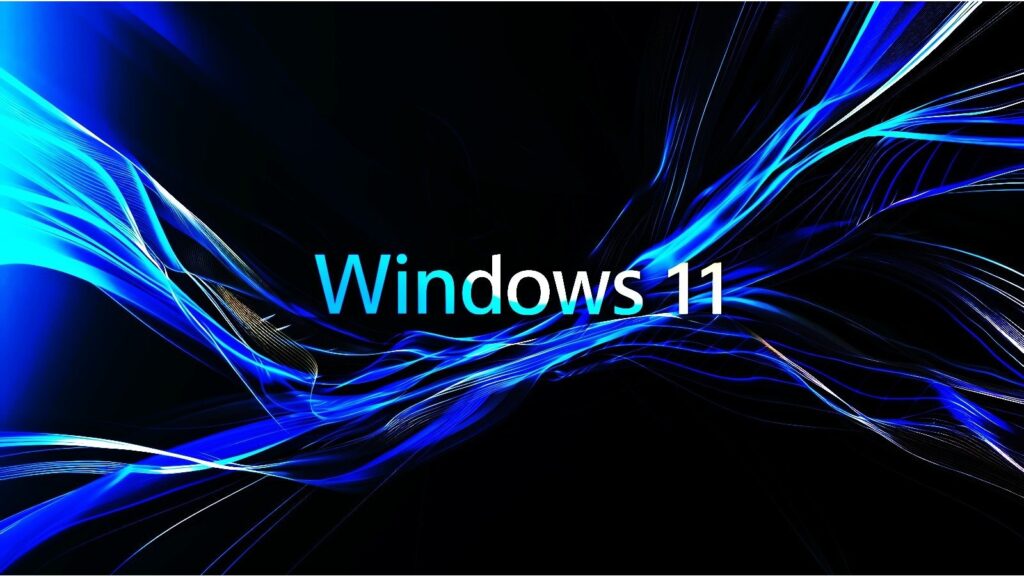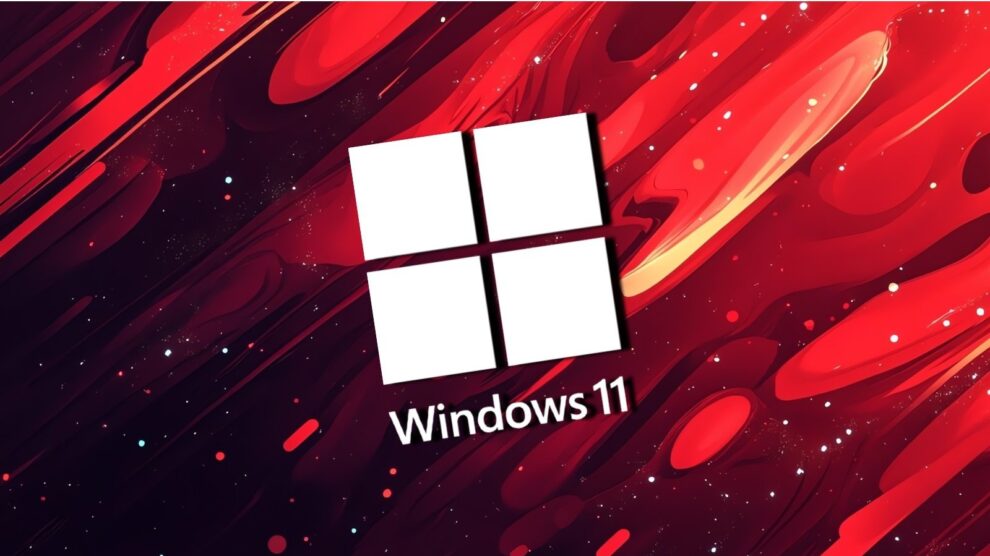In the ever-evolving landscape of operating systems, regular updates are crucial for maintaining security, introducing new features, and improving overall performance. However, the complex interplay between hardware and software sometimes leads to compatibility issues that can cause significant problems for users. The recent decision by Microsoft to block Windows 24H2 upgrades on certain systems is a prime example of the challenges faced in maintaining a stable and compatible operating system across diverse hardware configurations.

The Compatibility Issue: Intel SST Audio Drivers
Microsoft has identified a critical compatibility issue between the Windows 24H2 update and certain versions of Intel Smart Sound Technology (SST) audio drivers. This incompatibility can lead to serious system instability, including the dreaded Blue Screen of Death (BSOD).
For those unfamiliar with Intel SST, it is an integrated audio Digital Signal Processor (DSP) designed to handle audio, voice, and speech interactions on devices equipped with Intel Core and Intel Atom processors. Its role is crucial in providing high-quality audio experiences on many modern devices.
Affected Systems
According to Microsoft’s entry on the Windows health dashboard, the issue specifically affects:
- Devices with Intel 11th Gen Core processors
- Systems using Intel SST driver versions 10.29.0.5152 or 10.30.0.5152
The problematic driver can be identified in Device Manager under “System Devices” with the file name “IntcAudioBus.sys”.
Microsoft’s Response: Compatibility Hold
To prevent potential system instability and BSOD errors, Microsoft has implemented a compatibility hold (safeguard ID: 51876952) on affected systems. This measure blocks the Windows 11 2024 Update from being offered to devices with the incompatible Intel SST audio drivers.
Advice for Users
Microsoft strongly advises users with affected devices not to manually update to Windows 11 24H2 using the Media Creation Tool or the Windows 11 Installation Assistant. Doing so could lead to system instability and BSOD errors.
For more information on how to check your system’s compatibility with Windows updates, see our guide on How to Check Your System’s Compatibility with Windows Updates.
Understanding Blue Screen of Death (BSOD) Errors
Blue Screen of Death errors are critical system failures that can occur due to hardware or software issues. They often result in data loss and system instability. The compatibility issue between Windows 24H2 and certain Intel SST drivers has the potential to trigger these errors, which is why Microsoft has taken preventive action.
For more information on BSOD errors and how to troubleshoot them, check out our comprehensive guide: Blue Screen of Death Errors: Causes, Prevention, and Troubleshooting.
Implications for Users and System Administrators
This compatibility issue and Microsoft’s response have several implications:
- Delayed access to new features and improvements in Windows 24H2 for affected users
- The need for careful planning and testing before deploying Windows 24H2 in enterprise environments
- Potential confusion for users who may attempt manual updates without awareness of the compatibility hold
System administrators should pay close attention to the hardware configurations in their environments and consult Microsoft’s compatibility documentation before planning any upgrades.
Next Steps: Resolving the Compatibility Issue
While Microsoft has not yet provided a timeline for resolving this compatibility issue, it’s likely that they are working with Intel to develop updated drivers that will be compatible with Windows 24H2. Users and administrators should:
- Regularly check the Windows health dashboard for updates on this issue
- Ensure that automatic updates are enabled to receive any fixes when they become available
- Consider updating Intel SST drivers through official channels if newer versions become available
For best practices on managing Windows updates in enterprise environments, see our guide on Windows Update Management: Best Practices for IT Professionals.
Conclusion
Microsoft’s decision to block Windows 24H2 upgrades on systems with incompatible Intel SST audio drivers demonstrates the company’s commitment to system stability and user experience. While this may cause temporary inconvenience for some users, it ultimately protects against potential system crashes and data loss.
As the technology landscape continues to evolve, close collaboration between hardware manufacturers and software developers remains crucial in ensuring smooth and stable updates for all users. This incident serves as a reminder of the complex challenges involved in maintaining and updating modern operating systems across diverse hardware configurations.
Related Links:










Add Comment